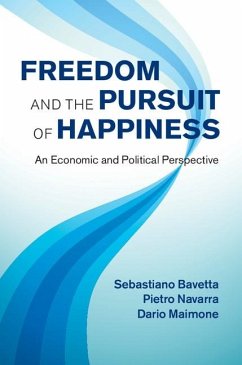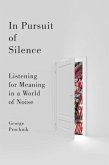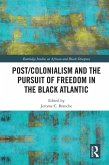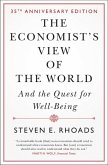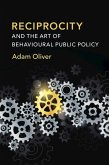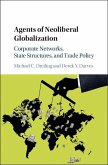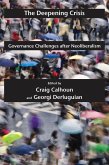This book is about the relationship between different concepts of freedom and happiness. The book's authors distinguish three concepts for which an empirical measure exists: opportunity to choose (negative freedom), capability to choose (positive freedom), and autonomy to choose (autonomy freedom). They also provide a comprehensive account of the relationship between freedom and well-being by comparing channels through which freedoms affect quality of life. The book also explores whether the different conceptions of freedom complement or replace each other in the determination of the level of well-being. In so doing, the authors make freedoms a tool for policy making and are able to say which conception is the most effective for well-being, as circumstances change. The results have implications for a justification of a free society: maximizing freedoms is good for its favorable consequences upon individual well-being, a fundamental value for the judgment of human advantage.
Dieser Download kann aus rechtlichen Gründen nur mit Rechnungsadresse in A, B, BG, CY, CZ, D, DK, EW, E, FIN, F, GR, HR, H, IRL, I, LT, L, LR, M, NL, PL, P, R, S, SLO, SK ausgeliefert werden.

